Therapy for Caregivers
Because You Deserve Support, Too
Caring for a loved one—whether it’s a child, a partner, a parent, or someone else—can be one of the most meaningful and selfless things you do. But it can also be overwhelming, exhausting, and emotionally draining. When you’re constantly tending to someone else’s needs, it’s easy to lose sight of your own.
At Time for Therapy, we provide a compassionate, judgment-free space where caregivers can process their emotions, set healthy boundaries, and find the support they need to keep going without burning out. Because caring for someone else shouldn’t mean sacrificing yourself.
When Is It Time to Get Therapy for Caregiver Stress or Burnout?
You might benefit from therapy if:
✔ You feel emotionally or physically exhausted, even after rest.
✔ Guilt weighs on you constantly—for not doing enough, for needing a break, or even for wanting things to be different.
✔ You struggle with resentment, frustration, or isolation but don’t feel like you can talk about it.
✔ You’ve lost touch with your own needs, interests, or identity outside of your caregiving role.
✔ You experience anxiety, sadness, or helplessness about your loved one’s condition or the future.
✔ You’ve been in “survival mode” for so long, you don’t know how to slow down or ask for help.
Caregiving is an act of love, but that doesn’t mean it’s easy. Therapy can help you navigate the emotional weight of caregiving while also caring for yourself.
What Does Therapy for Caregivers Look Like?
At Time for Therapy, we recognize that you are a person first—not just a caregiver. Our approach focuses on your well-being, helping you:
💙 Process the Emotional Challenges of Caregiving – A space to talk openly about your feelings, struggles, and fears—without guilt or shame.
🌿 Set Boundaries Without Guilt – Learning how to care for yourself without feeling like you’re letting someone else down.
🔍 Navigate Grief & Changing Relationships – Whether it’s anticipatory grief, loss of independence, or shifting family dynamics, we help you make sense of the changes.
💬 Manage Caregiver Burnout & Compassion Fatigue – Developing strategies to reduce exhaustion and reconnect with what brings you peace.
🧠 Reclaim Your Identity & Self-Care – Helping you rediscover who you are outside of caregiving and create a sustainable, balanced life.
Therapy isn’t just about finding ways to keep going. It’s about making sure you have the support you deserve while doing one of the hardest jobs in the world.
Self-Help Strategies for Caregivers
While therapy offers structured support, here are some things you can do today to care for yourself:
✔ Give yourself permission to take breaks – Rest is not selfish; it’s necessary.
✔ Ask for help – Whether it’s a friend, family member, or support group, you don’t have to do this alone.
✔ Name your emotions – It’s okay to feel frustration, sadness, or resentment. These emotions don’t mean you love your person any less.
✔ Stay connected to your own identity – Engage in hobbies, routines, or relationships that remind you who you are beyond caregiving.
✔ Let go of perfection – You are already doing enough. Compassion—for yourself—is key.
Even with these tools, and in the same spirit of Samwise Gamgee, you don’t have to carry this alone. Therapy can give you ongoing support, space to breathe, and guidance to navigate the emotional complexity of caregiving.
The Best First Step? Sign Up for Therapy.
Caregivers spend so much time taking care of others—but who is taking care of you? Therapy is a place where you can feel heard, validated, and supported as you navigate the realities of caregiving.
It’s time to take care of your needs. Reach out today.
